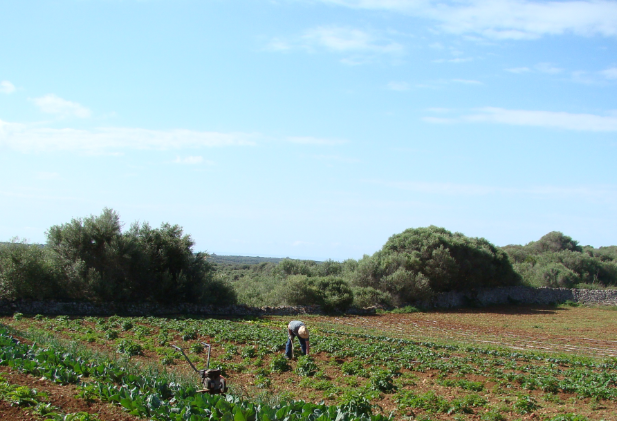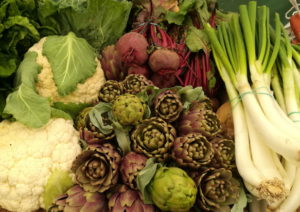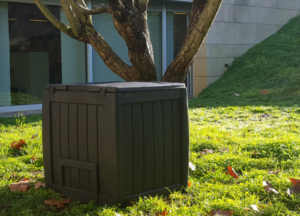Menorca’s Food Strategy

A five-year strategy to protect and promote a sustainable local food system that uses seasonal, healthy produce, reduces waste and encourages collaboration across all administrations involved in food policy on the island of Menorca.
Key words: food policy, food strategy, reducing waste, public food sector, local product
Short description
Name of the initiative? Menorca’s Food Strategy
Country Spain
Region Menorca
What kind of initiative Farming/production, marketing, landscape, biodiversity, community, policy making
The Story
Beginning 2015, stakeholders around food met together to give some recommendations to the local government in Menorca. In April 2015, there was a change of government to a centre-left alliance that valued adhering to the Milan Pact, which took place finally in 2017. The purpose of this adhesion was to demonstrate its commitment to developing sustainable, inclusive, resilient, safe and diversified food systems to ensure healthy and accessible nutrition for society.
“…an opportunity to link the production and consumption of food into any new policy…”
After this, my society (Justicia Alimentaria) saw an opportunity to link the production and consumption of food into any new policy that ended up resulting in the food strategy of Menorca and an important action in it was the realisation a diagnostic study of ‘the Production Potential and Food Flows on the island of Menorca’.
We led a democratic and participatory process with the government, asking for stakeholders. Our diagnostic involved not only the Island Council but also the eight municipalities in Menorca as well as private sector stakeholders.
Based on our diagnostic, we developed a food strategy. The different actors agreed to meet once per year, to reflect on the previous year and to plan for the next one. They worked with food buyers in nursery schools and the private sector, so for example the private sector has taken the initiative to market (and even use in its business) products from Menorca. One action that stands out is the creation of the Menorca Biosphere Reserve label, which is still in use today.
We trained different levels within the municipalities so they could understand the key points of this food strategy in order to implement it. We also tried to raise social awareness about the importance of local food systems.
“It was a good time politically. The new government were ready to do something new…”
It was a good time politically. The new government were ready to do something new and of the three Balearic Islands, Menorca has always given priority to protecting the rural areas from tourism.
Menorca is a small island – from one side to the other only 55km – and it’s quite integrated so it’s easy to meet people. Everybody knows everybody.
Our organisation, Justicia Alimentaria, had good links with the government, local authorities and social society. Our role was to follow the process, and to give the support to all these actors in order to achieve the result.
The most important challenge is what to do when the elections arrive. Some food policies are not integrated in all the different political parties. There is a risk that when a new government comes into power the work of the previous one is dismissed. We try to ensure a person from the local council is responsible for food policy – a technical rather than political person, so that even if there is a change of government, this person can continue this process.
“…to work together it’s important to share a common goal, and to understand which role you play.”
Time is also a problem. The stakeholders, whether they are in production, local government or the private sector have lots of demands on their time. So organising them to meet can be challenging, but it’s vital: to work together it’s important to share a common goal, and to understand which role you play. Although the key actors meet yearly. Smaller groups meet monthly to work on specific actions. One of these has just completed and is preparing to present a diagnostic on food waste and will make recommendations for each sector.
This process has highlighted it’s important for all sectors to participate.
You need a budget to do something. Public purchasing is one of the most important actions for the development of the strategy because of its exemplary character and for the dynamisation of the production.
“Coordination between departments of the administration is key as well as having a technical person to lead the strategy.”
Coordination between departments of the administration is key as well as having a technical person to lead the strategy. We’ve made connections. If we want to do another project, I know which partners I can work with, I know who to contact within the public administration.
Food has become a major focus of sustainability in the Biosphere Reserve. The public policies of the different departments of the Consell Insular take into consideration everything that refers to food and the promotion of local and sustainable production. Menorca’s rural areas continue to be protected.
23 schools on the island are now part of a project introducing organic local food bought directly from the farmers. Children understand what they are eating. They are small things but slowly, we are changing the mentality.
Additional information
http://www.islandbiosphere.org/contingut.aspx?idpub=1035
https://justiciaalimentaria.org/
http://www.biosferamenorca.org/Contingut.aspx?IDIOMA=3&idpub=1789
https://www.youtube.com/watch?v=UQI1TAGQgBM
—
Repository compiled May 2020 by: Jordi Menendez
E-mail contact: jordi.menendez@justiciaalimentaria.org
Photographs used with permission from The Consell Insular



